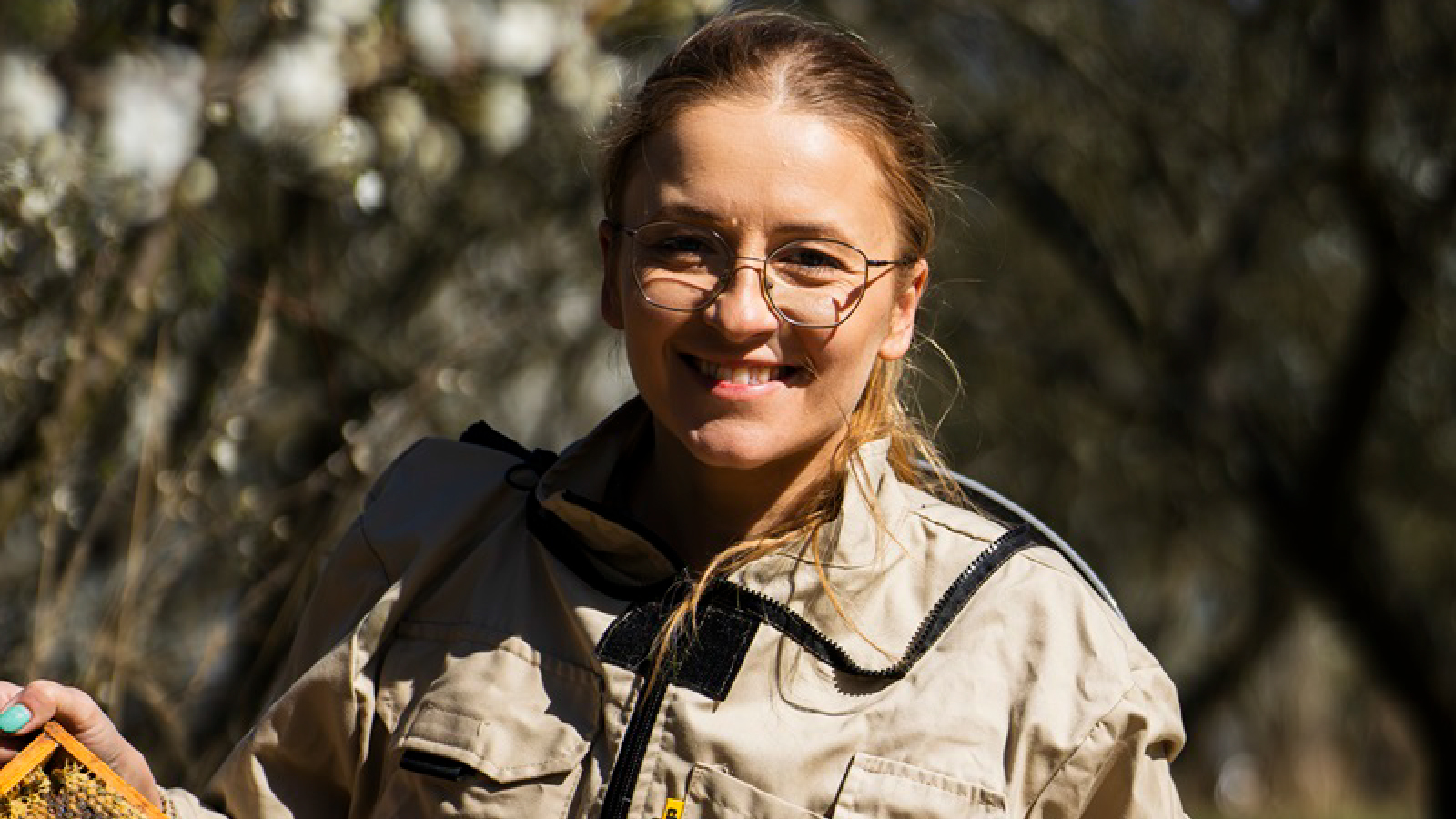2025 FOCUS - Water
Since its creation, the Innovation awards for women farmers propose a specific focus for each edition. The 2025 edition of Copa and Cogeca’s Innovation Award for Women Farmers is entitled “Women making waves in sustainable water systems”. Copa and Cogeca wish to showcase the critical contributions of women in addressing water-related challenges, aiming to support groundbreaking solutions developed by women farmers and producers to enhance water efficiency, conservation, and accessibility in farming communities. In doing so, women farmers can further foster the development of new business models that ensure sustainable water availability but also resilience from increasingly variable growing and producing environments.



